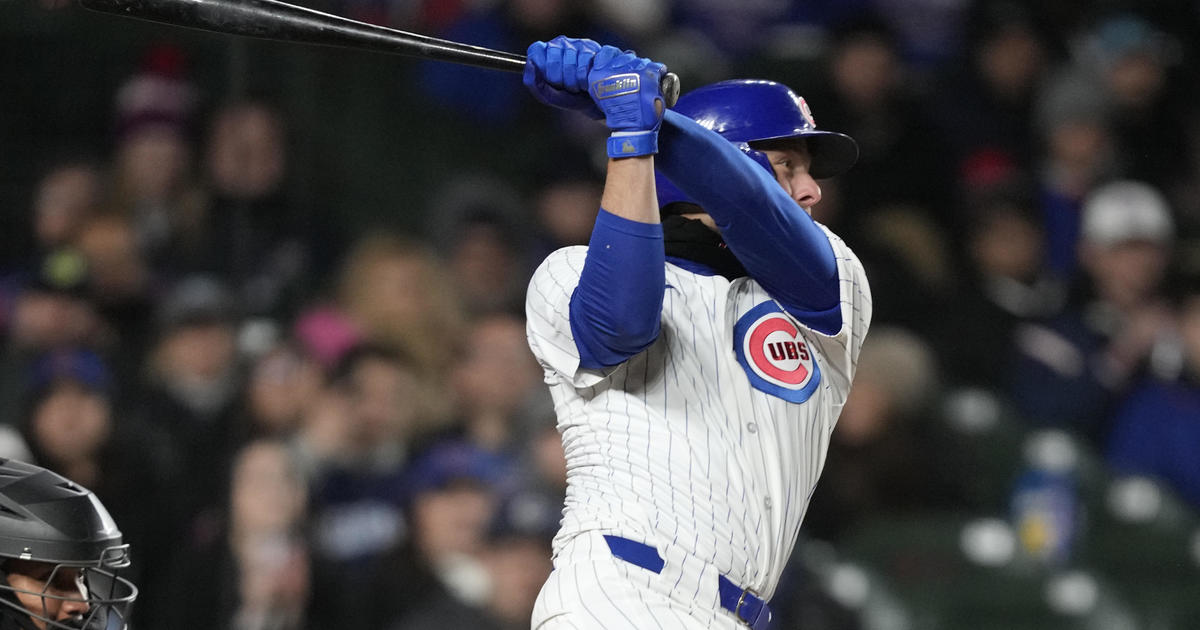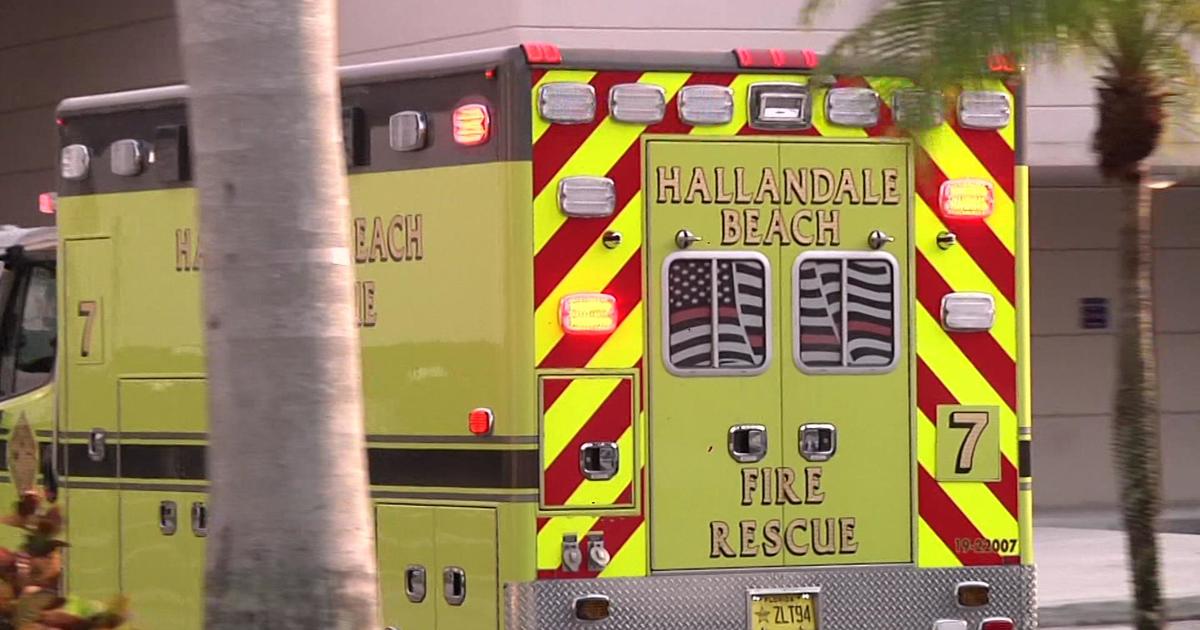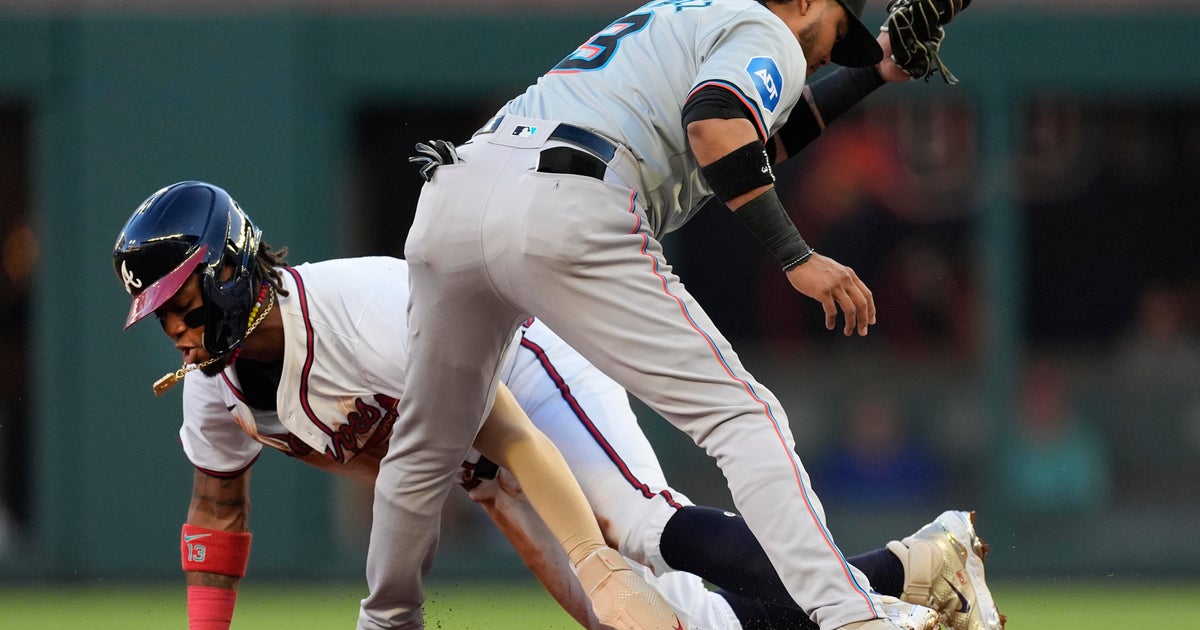Key Findings From The NCAA Report
MIAMI (CBSMiami) - The NCAA issued its final report and sanctions against the University of Miami Tuesday morning and the 102-page document outlined a plethora of specific violations against the school.
Below are selected passages that outlined the specific charges and evidence the NCAA used against Miami.
"At issue were 18 allegations with 79 subparts that primarily involved widespread and significant recruiting inducements and extra benefits. Many of the allegations centered around a known representative of the institution's athletics interests ("the booster") freely entertaining numerous prospects and student-athletes at his home, on his yacht and in various public settings. The booster paid for entertainment, food and various gifts. This booster also was a significant donor of the football and men's basketball programs and had a visible presence around the programs. He had personal and financial dealings with some members of those coaching staffs and provided coaches with gifts and loans. The then head men's basketball coach ("former head men's basketball coach"), two then assistant men's basketball coaches, ("former assistant men's basketball coach A and B," respectively) and four then assistant football coaches ("former assistant football coaches A, B, C and D," respectively) were all individually at risk under NCAA bylaws."
The NCAA said the institution first started in November 2009 when the school self-reported impermissible telephone calls and text messages. The NCAA said it was resolving the case through summary disposition until February 2011.
"In February 2011, the booster contacted the enforcement staff and reported knowledge of serious violations of NCAA bylaws, connected to recruiting inducements and extra benefits. From winter 2011 until September 2012, the enforcement staff conducted a majority of the interviews related to those alleged violations. In particular, between March 31 and May 27, 2011, the enforcement staff interviewed the booster over 20 times while he was in prison related to a conviction for his involvement in a Ponzi scheme. The institution was not included in those interviews."
The NCAA's Committee on Infractions acknowledged the problems with the investigation, specifically bankrolling Nevin Shapiro's attorney Maria Elena Perez in hopes of gaining more information. The COI said "steps were taken to address the inappropriate use of the bankruptcy depositions by removing information connected to or flowing from the depositions to be excluded from the enforcement staff's use in proving the allegations."
"The volume of the issues and materials is noteworthy. This case involved numerous, serious violations of NCAA bylaws, many of which were not disputed. It involved 18 allegations with 79 subparts and 118 interviews of 81 individuals. The written record included 15 binders of documents, totaling thousands of pages."
"The committee concludes that former assistant football coaches B and C were involved in unethical conduct by providing impermissible benefits or inducements and providing false or misleading information to the enforcement staff and the institution. The former head men's basketball coach's violations were the result of his failure to promote an atmosphere for compliance. The committee also concludes that former assistant men's basketball coaches A and B were involved in recruiting violations by providing impermissible benefits or inducements and in some instances using the booster to facilitate the provision of those benefits or inducements. Former assistant men's basketball coach B committed unethical conduct in connection with those recruiting violations. The institution demonstrated a failure to monitor its programs and the booster's activities. The institution also failed to have the proper policies and procedures in place during the relevant time period, which led to the committee concluding that there was a lack of institutional control.
"The committee acknowledges and accepts the extensive and significant self-imposed penalties by the institution, and prescribes the following principal penalties: three years of probation, a reduction in the maximum number of athletics awards in football and men's basketball, restrictions on unofficial visits, a five-game suspension for the former University of Miami head men's basketball coach, and two-year show-cause orders for former assistant football coaches B and C and former assistant men's basketball coach B."



